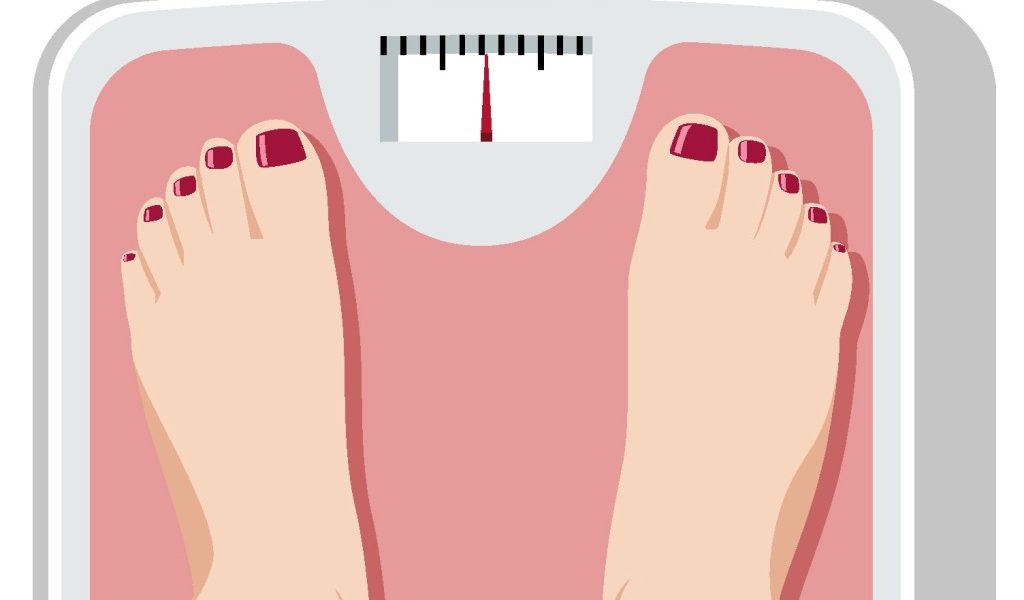Whether you’re after a healthy mind, bank balance or relationship, we’ve got all your wellbeing needs covered this month
It’s safe to say that COVID-19 has plunged our world into chaos. Back in March, offices up and down the UK were forced to lock up their beige filing cabinets and decamp – and many of us are still tapping away at the kitchen table. But while working from home has its benefits (goodbye, insufferable high heels), unlimited access to the fridge may lead to a spike in life-threatening illnesses, including obesity and liver disease. A new YouGov survey commissioned by the British Liver Trust has revealed that 42 percent of people in the UK admit to gaining weight since lockdown began, with a third of people also claiming that they’re eating more sugary and processed foods than usual. Time to dust off the diet plan, right? Wrong. Like everything else right now, diets are all about sustainability, so here’s how to lose weight the modern way.
Deciding to diet
Raise your hand if you’ve ever been on a diet. If you’re sheepishly putting yours up, you’re certainly not the only one. It’s said that women and men across the UK spend an enormous amount of time trying to lose weight, with two thirds of Brits admitting that they’re on a diet ‘most of the time’. So what makes us decide to change our eating habits in the first place? Dr Juliet Rosewall, a clinical psychologist and co-author of Heal Your Relationship with Food, believes it’s because a slim physique for women is portrayed as desirable. “This means that being in a larger body is judged and that it’s something to be ashamed of, which leads to negative attitudes [and the belief that] a smaller body equals happiness and success.” Toxic body shaming doesn’t exactly sound like the ideal way to spark a positive new eating plan, does it?
Compliment confusion
We all love receiving compliments, be it a comment on your new haircut or an outfit that someone admires. Well, the same goes for weight loss. Although well-intended, commenting on a person’s weight and associating that with an aesthetic quality can sometimes do more harm than good, according to Dr Rosewall. “When someone says ‘Wow, you look great – have you lost weight?’ it can be problematic, especially if they have used unhealthy or extreme methods to acquire this body shape. By focusing on that, we are inadvertently reinforcing the belief that a person is only valuable or worthy of praise if they’re a certain weight or shape.” So, how do we start formulating more constructive compliments? “When commenting on others, try to highlight the positive parts of their personality, or the things about them that actually matter – not just their appearance.”
The yo-yo effect
All too often, diets promise structural freedom and control when, in fact, experts warn that they can be unbalanced nutrition plans that encourage individuals to develop an unhealthy relationship with food. “Just like drug addiction, people can develop an obsession with food, and when people try to cut out certain food groups, for example, they can experience similar withdrawal symptoms and behaviours [as addicts],” explains Dr Deborah Lee, health writer and doctor at Doctor Fox Pharmacy (doctorfox.co.uk). “Food cravings associated with calorie restriction are a common reason for sticking to the diet in the first place, thus resulting in increased levels of stress, anxiety and depressive symptoms – especially if we fail to lose weight and give up again.”
Studies have also shown drastic fluctuations caused by severe dieting can result in serious health problems. “Weight loss is often short and comes at a cost,” warns Dr Rosewall. “After going on a diet, the weight is regained back to pre-diet levels and sometimes more. Not to mention the detrimental psychological effects of being on a diet, which is a failure of the unrealistic demands of dieting – not you.”
Caught in a trap
Reducing your calorie intake is traditionally one of the first steps to lowering your number on the scales and, when done well, isn’t normally a problem. It’s the restrictive diets that pose a real threat to our overall health and wellbeing, says Holly Wilkinson, qualified nutritionist for Jimmy Joy (jimmyjoy.com). “In this case, very restrictive diets can cause malnutrition due to a lack of vital nutrients, and even go so far as to cause harm to our mental health too. Some fad diets tend to demonise certain food groups, such as sugar, grains or even fruit, risking a skewed view on balanced nutrition.” Registered nutrition consultant Jenna Hope (jennahopenutrition.com) agrees. She says that eating too little can cause your body to go into overdrive and start craving foods you’ve eliminated. “When the body is not provided with enough energy, it will find other ways to conserve it. Therefore, it may slow down its metabolism and actually hold onto fat stores, while reducing non-exercise thermogenesis – the name given to small movements, such as twitches or fiddling.”
Food freedom
Dieting is part of our culture – the industry is worth £2 billion, after all. But we can shift the focus onto eating wholesome, nutritious food rather than weight loss, and learn more about what our body really needs. Using the 80/20 approach is one that Holly would recommend as a good all-round method. “Understand that no food is off limits, but know that the body depends on certain foods to thrive. Focus on eating more of the good stuff instead of the junk. You can still enjoy all of your favourite foods, but make sure that the bulk of your diet is designed to make you feel good inside and out.” Any final words? “Foster selfcompassion for the body you have and what it does for you,” suggests Dr Rosewall. “This may or may not result in weight loss but, by doing this, you can trust that your body and mind will be healthy, and that you will be free from the punishment that comes from trying to change it.”
Good food : How to get your fill
Jenna Hope believes that food should be enjoyable and nutritious – not boring. Here, she shares her tips for a nourishing and fulfilling approach to weight loss.
- Consume a diet focused around whole foods, such as whole grains, vegetables, meat and dairy
- Diet and exercise come hand in hand, so ensure you schedule a good workout plan into your weekly routine
- Believe it or not, the odd chocolate bar and glass of wine are key components to a healthy relationship with food
- View all food as equal to prevent having strict rules around food groups
- Restricting calories can lead to tiredness, blurred vision and low energy, so ensure you’re eating enough of all foods as part of a healthy diet


















